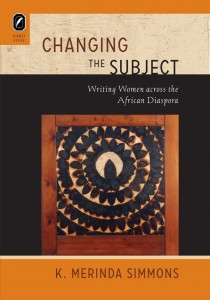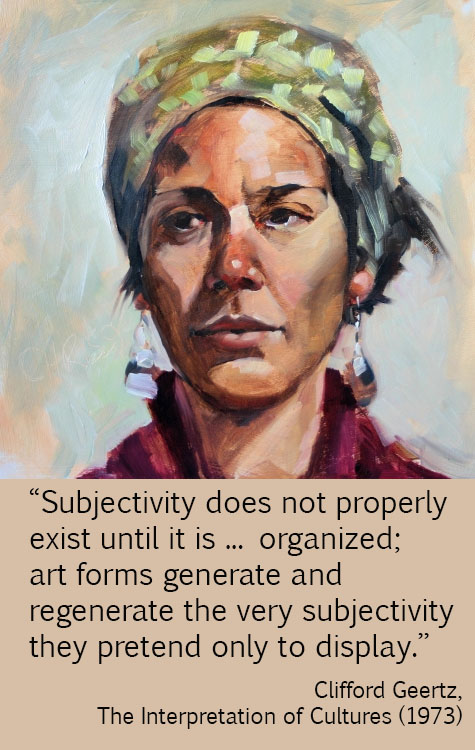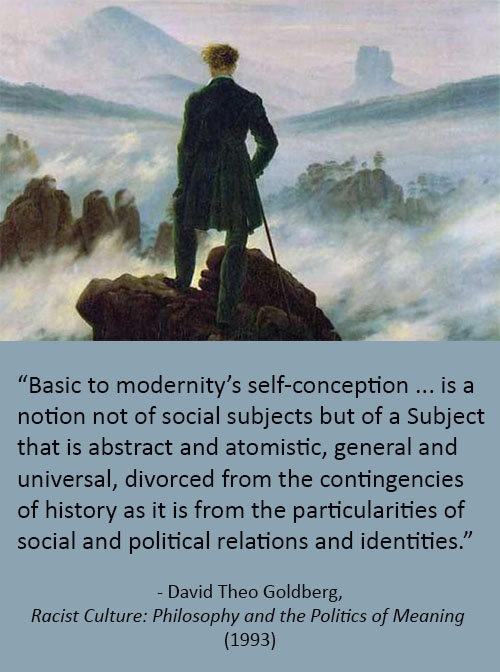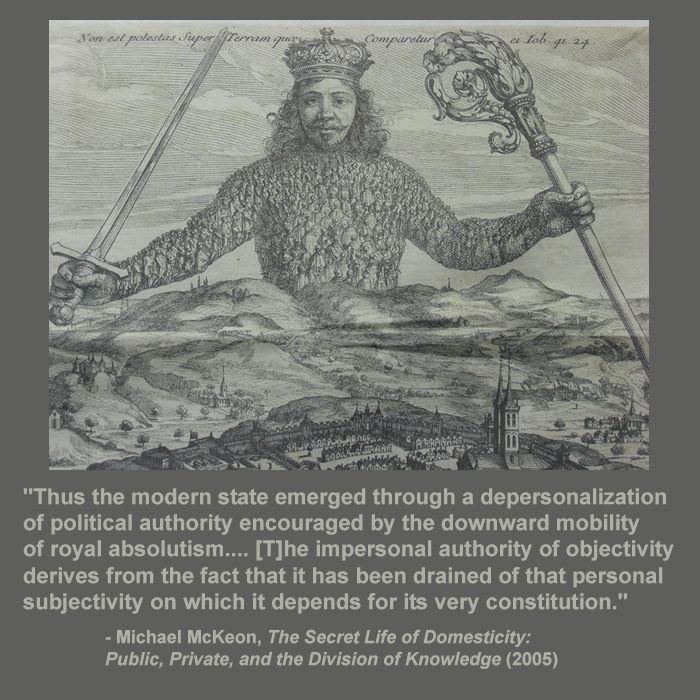
“New Books on the Edge” is an ongoing blog series, which engages forthcoming manuscripts by Edge collective members.
Changing the Subject: Writing Women Across the African Diaspora
From diaspora to class, gender, subjectivity, migration, labor and much more – take us behind the scenes of Changing the Subject — how it came to be, what sorts of questions are raised in this project, and what data is being engaged?
My disciplinary training is in literary theory, and I have long been puzzled by a tendencyI see working in that domain of scholarship. Namely, while so much of the field has been influenced by what many—myself included—see as important poststructuralist intellectual moves, I nonetheless keep coming across analyses by prominent scholars that focus on “authenticity” in one manner or other. This seems an especially noticeable phenomenon within scholarship on texts deemed marginalized—and, as my data set when I began the work that would ultimately become this book was comprised of narratives by women of various African diasporas, I decided to delve into how and why the emphasis on something called authenticity appears in the criticism surrounding these texts. Continue reading ““New Books on the Edge” with K. Merinda Simmons”



 There’s been a series of commentaries online recently on the topic of using the term “data” when naming the (what shall we call “it”?) …, stuff that we, as scholars, study — commentaries driven by worries, in many cases, that this word erases the inherent worth and humanity of the people so named. The members of Culture on the Edge tackled this topic both
There’s been a series of commentaries online recently on the topic of using the term “data” when naming the (what shall we call “it”?) …, stuff that we, as scholars, study — commentaries driven by worries, in many cases, that this word erases the inherent worth and humanity of the people so named. The members of Culture on the Edge tackled this topic both  Read
Read  The airport in Birmingham, AL, that I fly in and out of, just got a
The airport in Birmingham, AL, that I fly in and out of, just got a  A few years ago, when our main annual conference was held in Toronto, I walked into a
A few years ago, when our main annual conference was held in Toronto, I walked into a  Read
Read  Read
Read  Read
Read